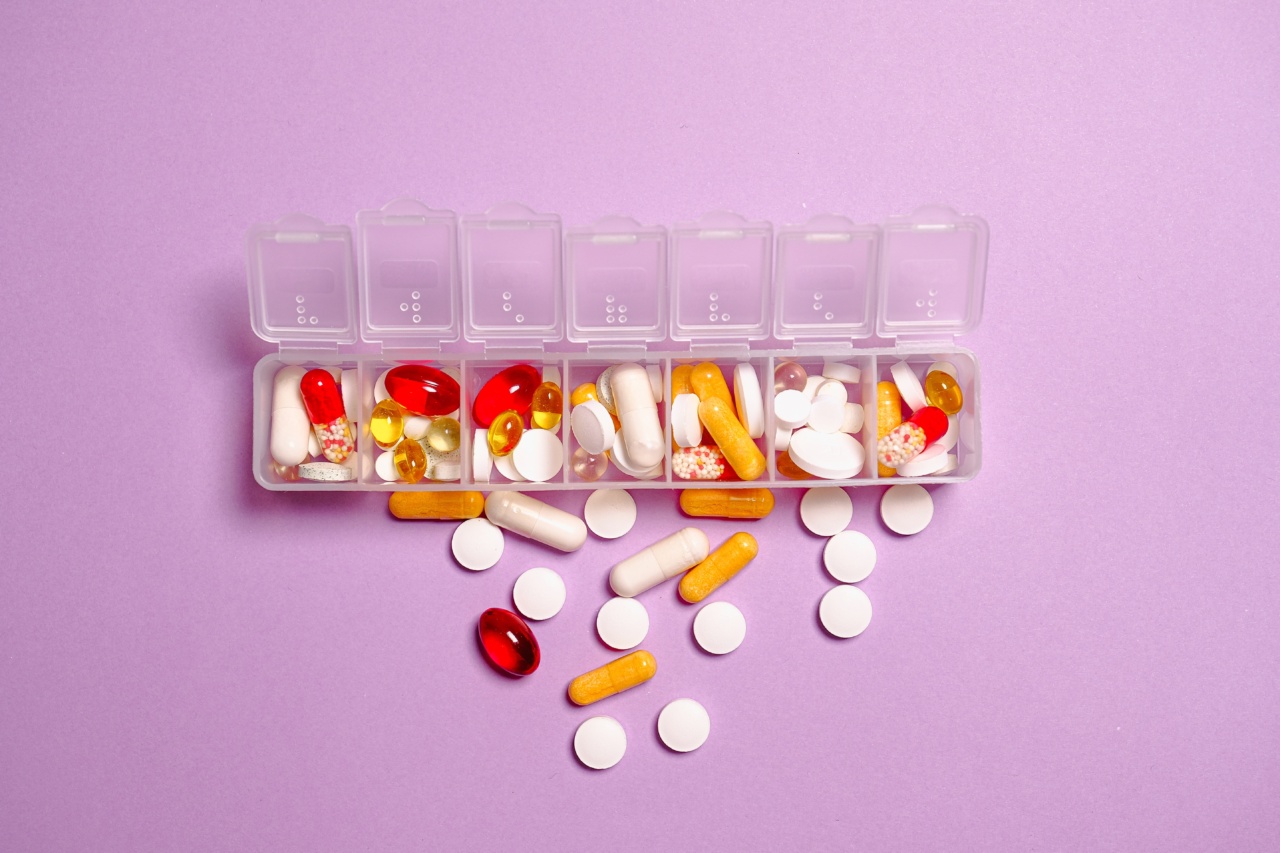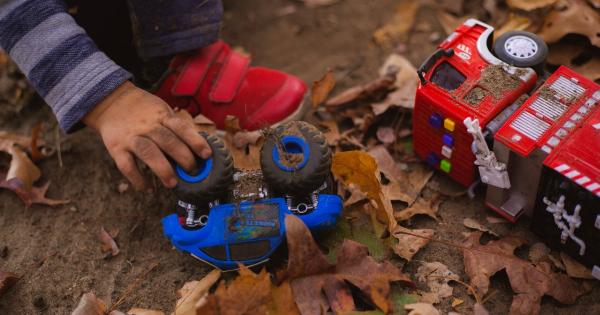Plastic is a material that’s commonly used for various purposes. From packaging to toys and utensils, plastics have become a regular part of our daily lives. But despite how useful they are, plastics have a darker side that we often overlook.
Plastic is harming our health in various ways, and it’s important to understand how.
Chemicals in Plastic
Plastics are made of various chemicals, and these chemicals can be toxic to humans. Bisphenols are common in plastic, and they’ve been linked to serious health issues, including cancer, reproductive problems, and developmental issues in children.
Phthalates are another type of chemical found in plastics that have been linked to hormone problems and obesity.
Microplastics
Microplastics are tiny pieces of plastic that are less than 5 millimeters in length. They’re often found in the ocean, thanks to plastic disposal and littering. Humans are unknowingly consuming microplastics, which can harm our health.
Ingesting microplastics has been linked to liver damage, hormonal imbalances, and immune system problems.
Endocrine Disruptors
Endocrine disruptors are chemicals found in plastics that can mimic hormones. These chemicals can disrupt the endocrine system, leading to hormonal imbalances, reproductive issues, and developmental problems.
Young children and pregnant women are particularly vulnerable to endocrine disruptors, as they can pass through the placenta and affect fetal development.
Indoor Air Pollution
Plastics in our homes and workplaces can release harmful chemicals into the air we breathe. This is particularly true for items like carpets and upholstery, which can contain flame retardants and other chemicals.
Breathing in these chemicals over time can lead to respiratory problems, headaches, and dizziness.
Food and Beverage Contamination
Plastic packaging for food and beverages can become contaminated with chemicals. When food or drink comes into contact with plastic packaging, harmful chemicals can leach into it, affecting its safety.
This is particularly concerning for foods and drinks that are high in fat or acidic, as they can increase the rate of chemical leaching.
Ingestion and Choking Hazards
Pieces of plastic that are left lying around can pose a hazard, particularly to young children. They may mistake plastic items for food or toys, leading to serious health issues or choking hazards.
Environmental Impact
It’s not just our health that’s being affected by plastic. The environment is suffering too. Plastics are not biodegradable, which means they can remain in the environment for hundreds of years.
This has led to a range of environmental problems, including ocean pollution, wildlife deaths, and soil contamination.
Reducing Your Plastic Use
To protect your health (and the environment), it’s important to reduce your plastic use. Consider buying products that are packaged in non-plastic materials, such as paper or glass. Carry a reusable water bottle, rather than buying bottled water.
Use cloth shopping bags, rather than plastic ones. And instead of purchasing disposable plastic utensils, invest in some reusable ones.
The Bottom Line: An Urgent Need for Change
Plastic might be convenient, but it’s harming our health. From toxic chemicals to choking hazards, plastics pose a range of threats that we need to address.
By reducing our plastic use and choosing eco-friendly alternatives, we can protect our health, and the health of the planet.































